G.K. Chesterton was a master essayist. But reading his essays is not just an exercise in studying a literary form at its finest, it is an encounter with timeless truths that jump off the page as fresh and powerful as the day they were written. The only problem with Chesterton's essays is that there are too many of them. Over five thousand! For most GKC readers it is not even possible to know where to start or how to begin to approach them. So three of the world's leading authorities on Chesterton - Dale Ahlquist, Joseph Pearce, Aidan Mackey - have joined together to select the "best" Chesterton essays, a collection that will be appreciated by both the newcomer and the seasoned student of this great 20th century man of letters. The variety of topics are astounding: barbarians, architects, mystics, ghosts, fireworks, rain, juries, gargoyles and much more. Plus a look at Shakespeare, Dickens, Jane Austen, George MacDonald, T.S. Eliot, and the Bible. All in that inimitable, formidable but always quotable style of GKC. Even more astounding than the variety is the continuity of Chesterton's thought that ties everything together. A veritable feast for the mind and heart. While some of the essays in this volume may be familiar, many of them are collected here for the first time, making their first appearance in over a century.
Joseph Pearce Books
Joseph Pearce is celebrated for his literary biographies, often focusing on Catholic figures. His work is profoundly shaped by his conversion to Catholicism, from which he draws inspiration for his writing. His literary style and themes reflect his contemporary worldview, having renounced his earlier political affiliations. He writes from a perspective that emphasizes the spiritual and moral dimensions of the human experience.
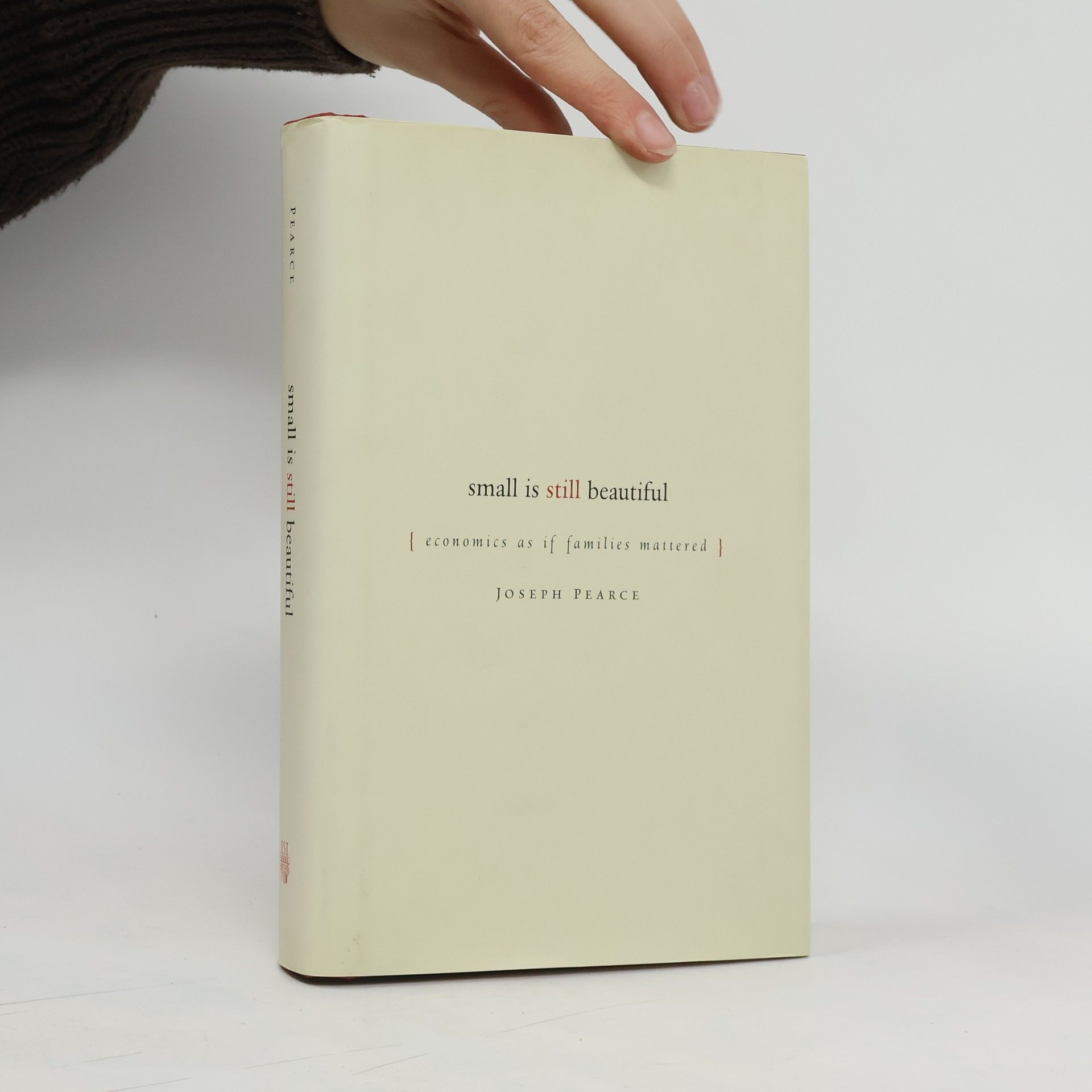
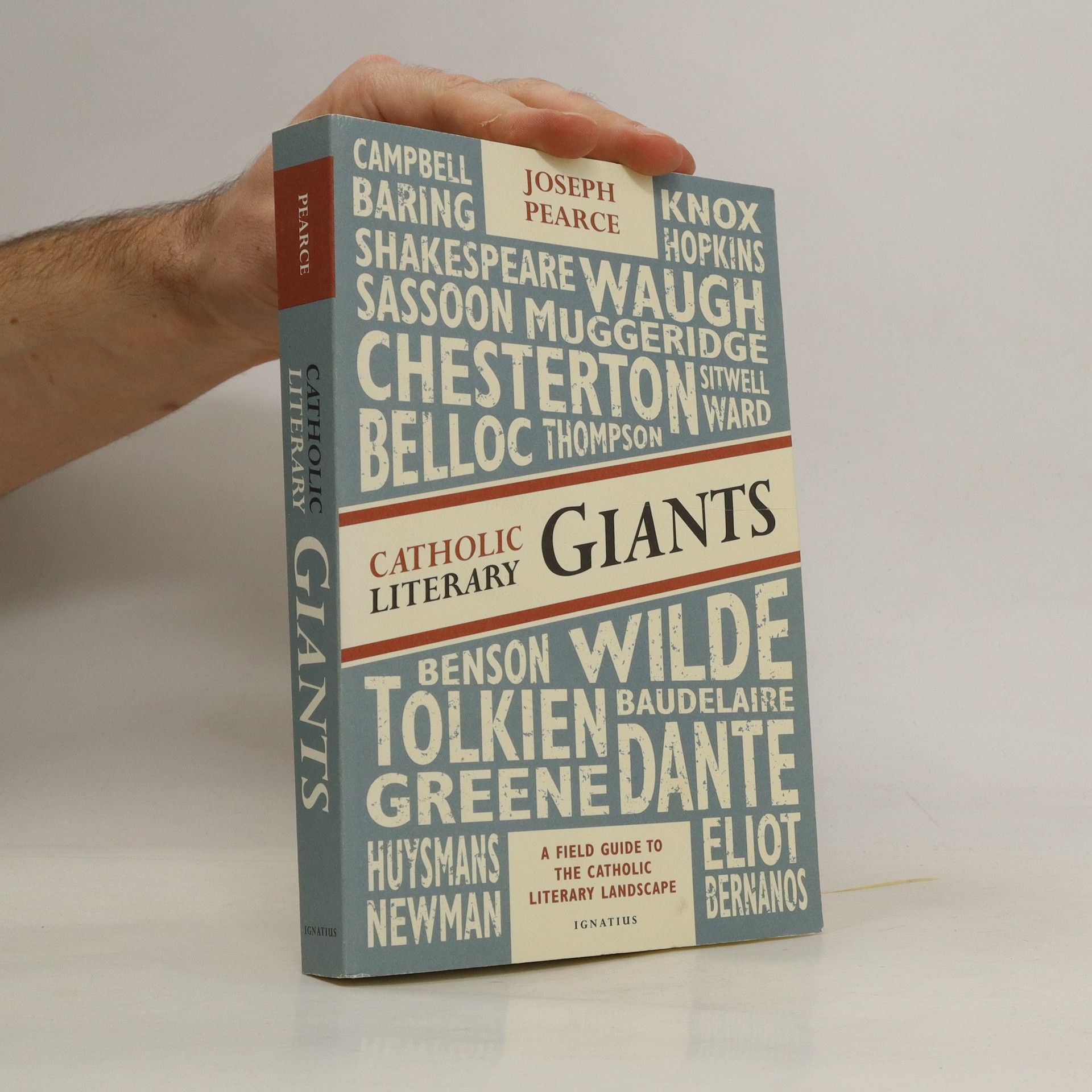
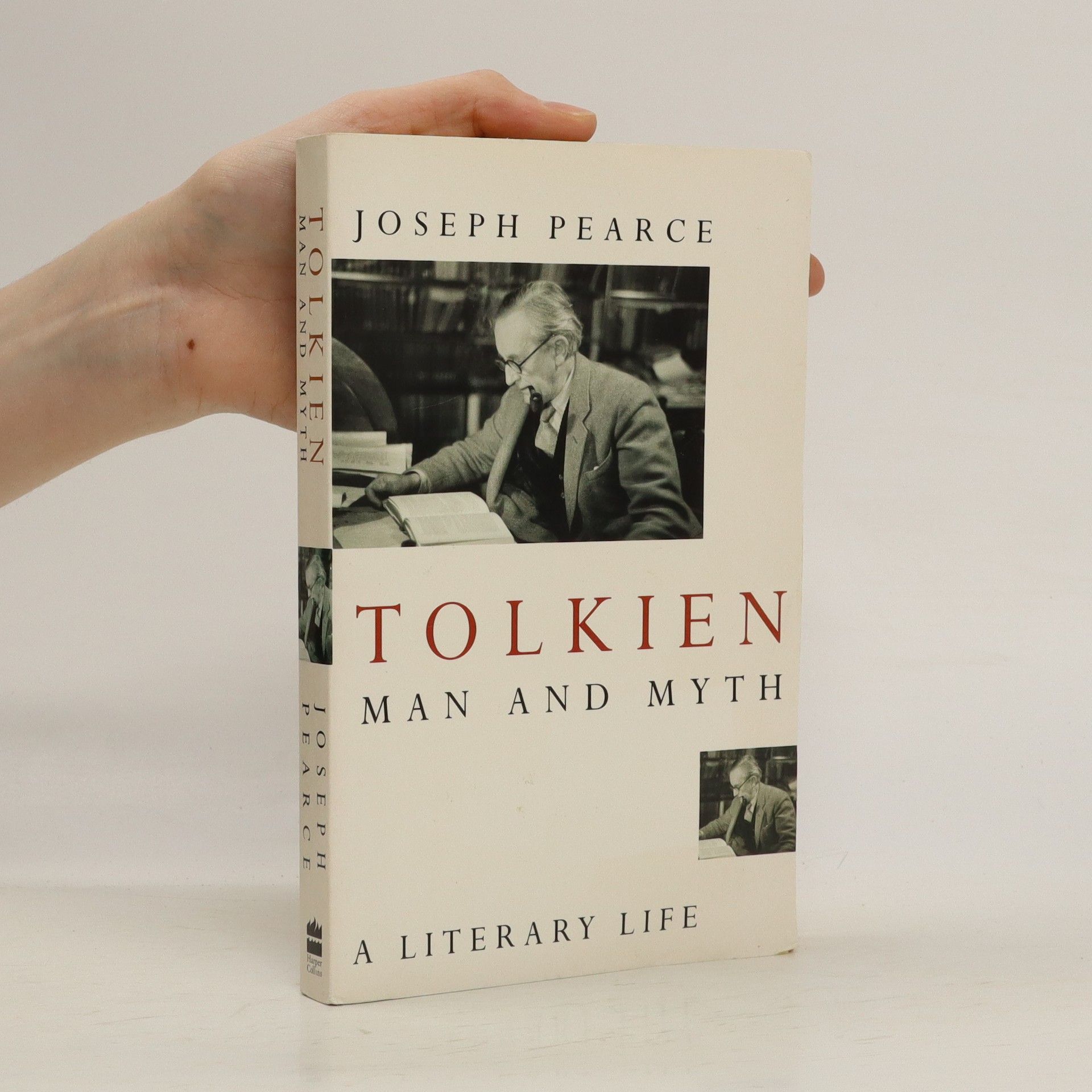
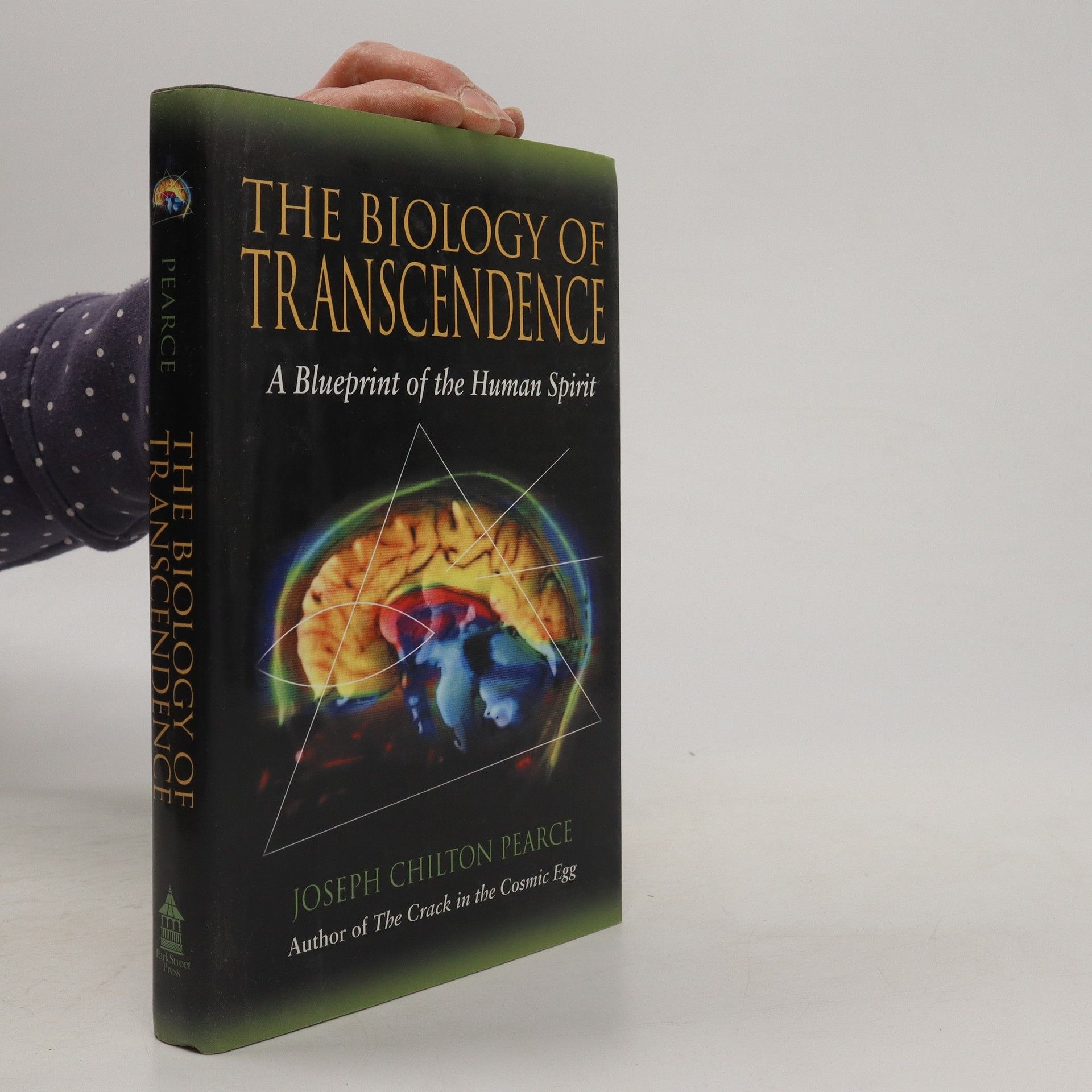
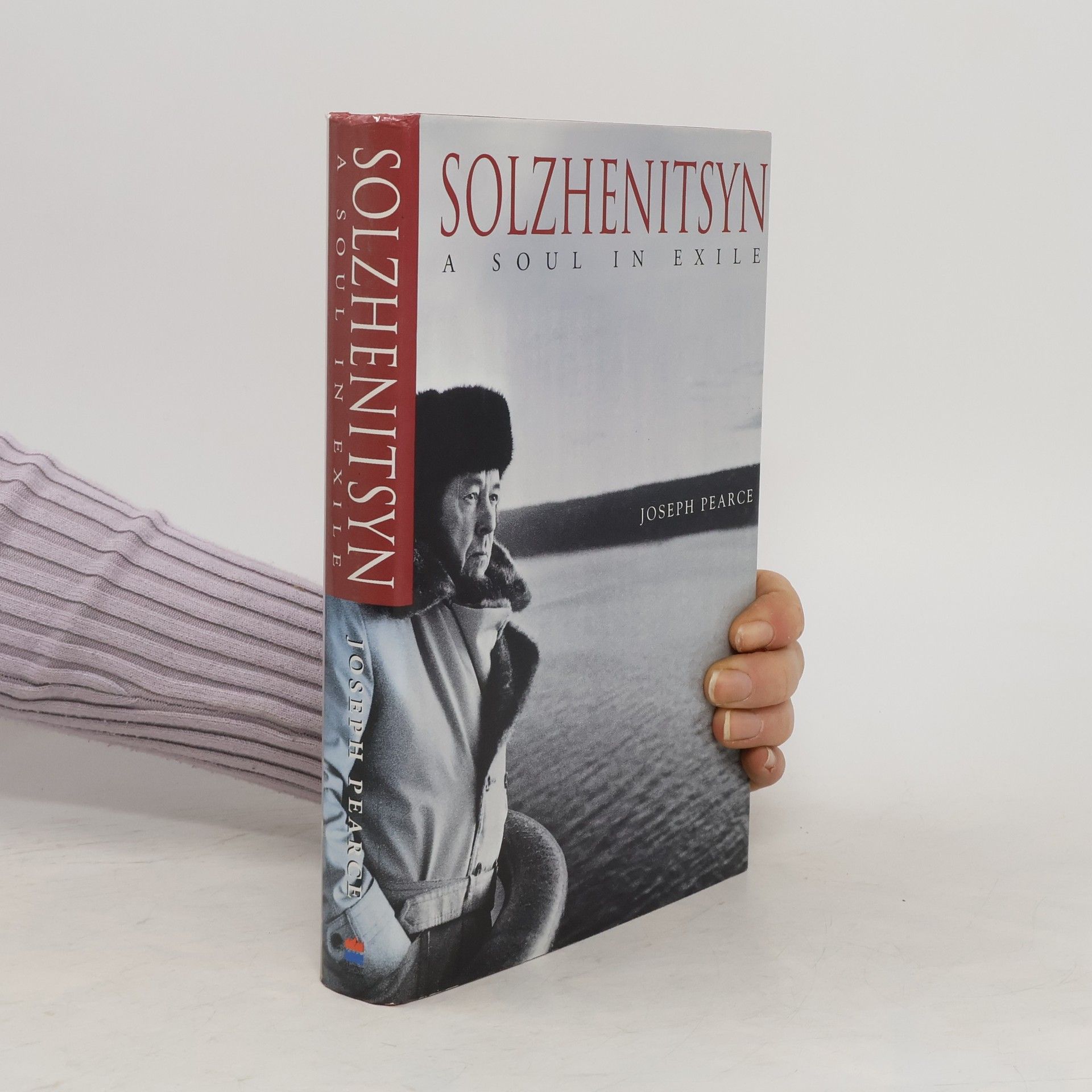
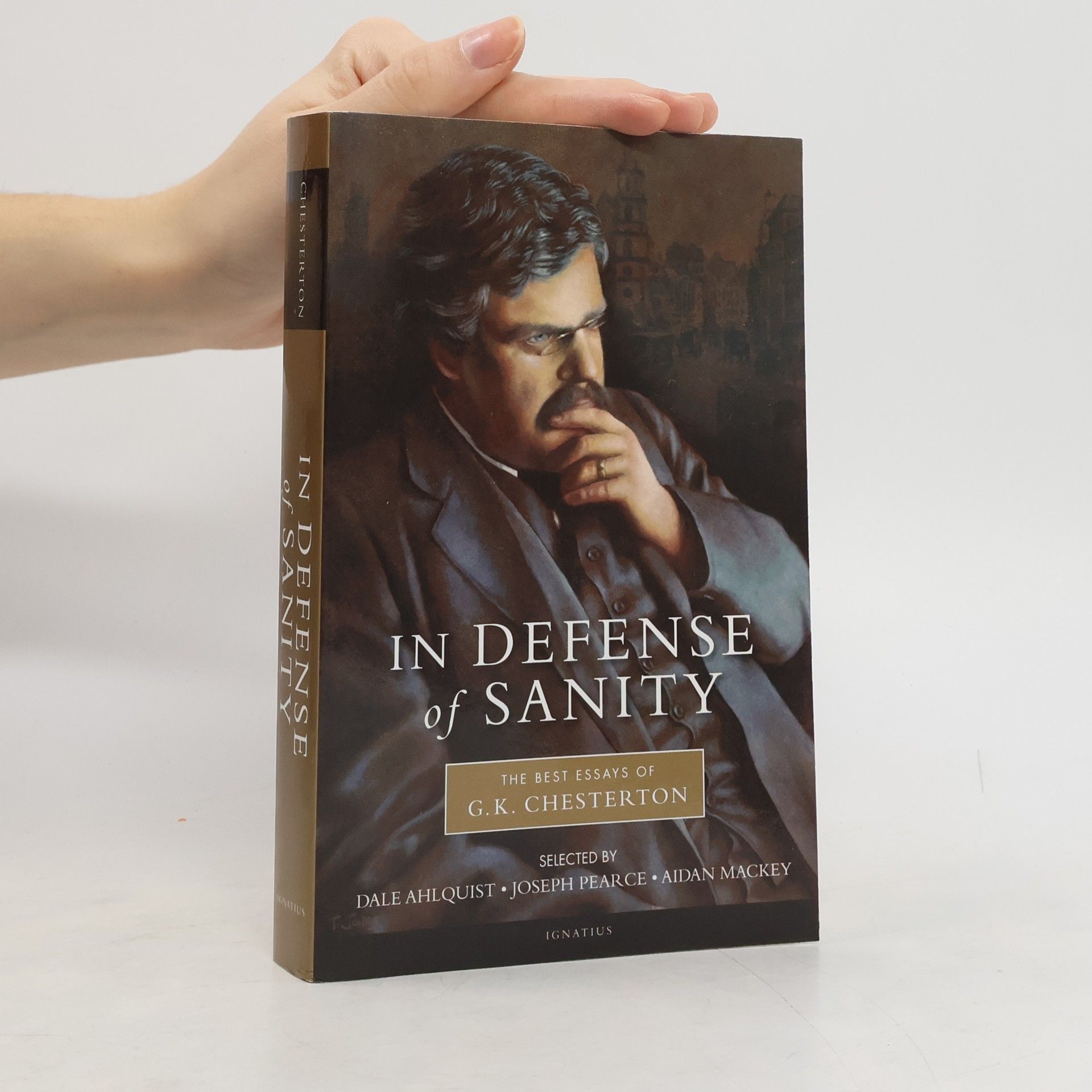
Solzhenitsyn. A Soul in Exile
- 320 pages
- 12 hours of reading
"Based on exclusive, personal interviews with Solzhenitsyn himself, Joseph Pearce's major new book provides a profound insight into a towering literary and political figure." "From his pro-Communist youth to his imprisonment in the Gulags, his exile in America to his return to Russia, this is the story of a man who has struggled with the most weighty questions of humanity. When a person has suffered the most terrible physical and emotional torture, what becomes of his spirit? Can politics and economics truly provide the answers a modern society needs? If peace and justice are never fully attained, what hope is there for the future?" "This new biography contains previously unpublished prose poems, written by Solzhenitsyn since his return to Russia. Many of the photographs are also published here for the first time."--Jacket
The Biology of Transcendence
- 288 pages
- 11 hours of reading
Utilizing insights from a new wave of biologists and neurologists, this exploration delves into how we can overcome current cultural and societal crises. It presents a novel biological understanding of the human organism, positing that we possess five brains, with the fifth located in the heart. The text emphasizes that transcending our existing behaviors, thoughts, and beliefs necessitates the dynamic interaction between our fourth brain (intellect) and fifth brain (intelligence). It reflects on historical figures like Jesus and Buddha as models of nature's potential and our capacity for transcendence. The author questions why humanity remains entrenched in a culture of violence and injustice, despite recognizing the transcendent ideals embodied by these figures. By examining our neural organization, the work addresses how we can surpass our evolutionary limitations. The latest research identifies our five neural centers, highlighting the importance of the interaction between the head brain and heart brain. This interplay of intellect and intelligence fosters transcendence, while cultural influences from childhood can hinder this process, trapping us in crises of violence. However, the author reassures us that transcendence is our biological imperative, a state we have been progressing toward for millennia.
Tolkien. man and myth
- 256 pages
- 9 hours of reading
Joseph Pearce takes a controversial approach to Tolkien's imaginative literature. Unlike the conventional view that his fantasy writing was an escape from reality, Pearce argues that Tolkien saw his great epics about Middle-earth as a leap into reality. Understanding Tolkien's view of life, faith and the supernatural is crucial to fully appreciating the deep levels of meaning in his three major works: The Hobbit, The Lord of the Rings, and The Silmarillion.
Catholic Literary Giants
- 450 pages
- 16 hours of reading
In Catholic Literary Giants, Joseph Pearce takes the reader on a dazzling tour of the creative landscape of Catholic prose and poetry. Covering the vast and impressive terrain from Dante to Tolkien, from Shakespeare to Waugh, this book is an immersion into the spiritual depths of the Catholic literary tradition with one of today's premier literary biographers as our guide. Focusing especially on the literary revival of the twentieth century, Pearce explores well-known authors such as G.K. Chesterton, Graham Greene and J.R.R. Tolkien, while introducing lesser-known writers Roy Campbell, Maurice Baring, Owen Barfield and others. He even includes the new saint, Pope John Paul II, who wrote many literary and poetic pieces, among them the story that was made into a feature film, The Jeweler's Shop.
Small is Still Beautiful
- 350 pages
- 13 hours of reading
A Third of a century ago, E. F. Schumacher rang out a timely warning against the idolatry of giantism with his book Small Is Beautiful. Few books before or since have spoken so profoundly to urgent economic and social considerations. Humanity was lurching blindly in the wrong direction, argued Schumacher. Its obsessive pursuit of wealth would not, as so many believed, ultimately lead to Utopia but more probably to catastrophe.Schumacher's greatest achievement was the fusion of ancient wisdom and modern economics in a language that encapsulated contemporary doubts and fears about the industrialized world. He saw that we needed to relearn the beauty of smallness, of human-scale technology and environments. In Small Is Still Beautiful, Joseph Pearce revisits Schumacher's arguments and examines the multifarious ways in which they matter now more than ever. Bigger is not always best, Pearce reminds us, and small is still beautiful. About the Author: Joseph Pearce is currently editor of the Saint Austin Review and Writer in Residence and Associate Professor of Literature at Ave Maria University
This tragedy of doomed lovers from warring families has inspired poetic expression from young lovers the world over. The 300-year-old drama is perhaps Shakespeare's best-known work. The CliffsComplete Romeo and Juliet is a revised and expanded study edition. It contains Shakespeare's original play, a glossary, and expert commentary in a unique, 2-column format. To enhance your learning, notes and definitions appear directly opposite the line in which they occur, and a review section follows the play. This edition also introduces you to the life, works, and times of William Shakespeare.
El Hobbit es la primera obra de Tolkien en la que explora el mundo mitológico que le haría famoso. El estilo directo y lineal, con alusiones (que el autor deploró más tarde) a un público infantil, no impide la poderosa irrupción de los grandes temas tolkienianos (el poder, la codicia, la guerra, la muerte, el paso del tiempo...) que reaparecerán en una dimensión a menudo obviamente épica en El Señor de los Anillos. Joseph Pearce, reconocido especialista en la obra de Tolkien, investiga en este libro los significados profundos de la aventura de Bilbo, que en una lectura superficial pueden pasar inadvertidos. Además de una fascinante historia de audacia y heroísmo, se trata en el fondo de un viaje de crecimiento interior, un aprendizaje del valor del sacrificio por los demás y un descubrimiento de la acción de la providencia en la vida de cada hombre (o hobbit, enano o elfo...). Para llegar a la verdadera intención del autor, es necesario trascender el significado literal de la obra y llegar a su nivel más profundo, pues solo así puede disfrutarse de toda su fuerza creativa.
Tussen Oder en Zenne. Twee rivieren, twee grootvaders, twee oorlogen
- 236 pages
- 9 hours of reading
Een aangrijpende familiegeschiedenis over de turbulente eerste helft van de twintigste eeuw. Een verhaal over nationalisme, oorlog en je hoofd boven water houden in een veranderende wereld. In ÔTussen Oder en ZenneÕ schrijft Joseph Pearce over de levens van zijn grootvaders. Ze groeiden op aan twee zijden van Europa, de een in een Vlaams-katholiek milieu, de ander in een traditioneel Joods gezin. In de 20e eeuw vinden er veel veranderingen militarisme, antisemitisme, Vlaams nationalisme en uiteindelijk het fascisme sluipen in de levens van zijn grootvaders. De twee wereldoorlogen maken de politieke transformaties vervolgens onontkoombaar. Beide grootvaders proberen hun gezin te beschermen, of ze daarvoor nu moeten vechten, honger moeten lijden, of moeten vluchten. ÔTussen Oder en ZenneÕ is een aangrijpende en prachtig geschreven familiegeschiedenis die laat zien hoe de grote omwentelingen van de eerste helft van de twintigste eeuw het leven van doodgewone families op zijn kop kon zetten. Maar paradoxaal genoeg zijn het juist die politieke gebeurtenissen die de twee grootvaders uiteindelijk bij elkaar brengen.
Benedykt XVI to jeden z największych papieży w historii Kościoła. Biografia pióra Josepha Pearce'a to niezapomniane spotkanie z tą wielką postacią. To szczera obrona słów i dzieł papieża Benedykta, będąca hołdem dla jego życia, spuścizny oraz dla jego przenikliwego intelektu i świętości. Jako obrońca wiary Joseph Ratzinger walczył niestrudzenie przeciwko dyktaturze relatywizmu i kulturze śmierci, najpierw jako niezłomny kardynał, a następnie najwyższy pasterz Kościoła. W Kościele zmagał się z duchem świata w starciu z modernizmem i jego kultem ducha epoki, przywracając blask prawdy w obronie ortodoksji i blask liturgii w obronie tradycji. Książkę rekomendują m.in. kard. George Pell i kard. Raymond Leo Burke. Po wielu latach katolicy nadal będą spoglądać wstecz na trwałe dziedzictwo papieża Benedykta z ogromną wdzięcznością, ponieważ z powodzeniem kierował łodzią Piotra w miłości i prawdzie przeciwko falom zła, które chciały pochłonąć Kościół.



